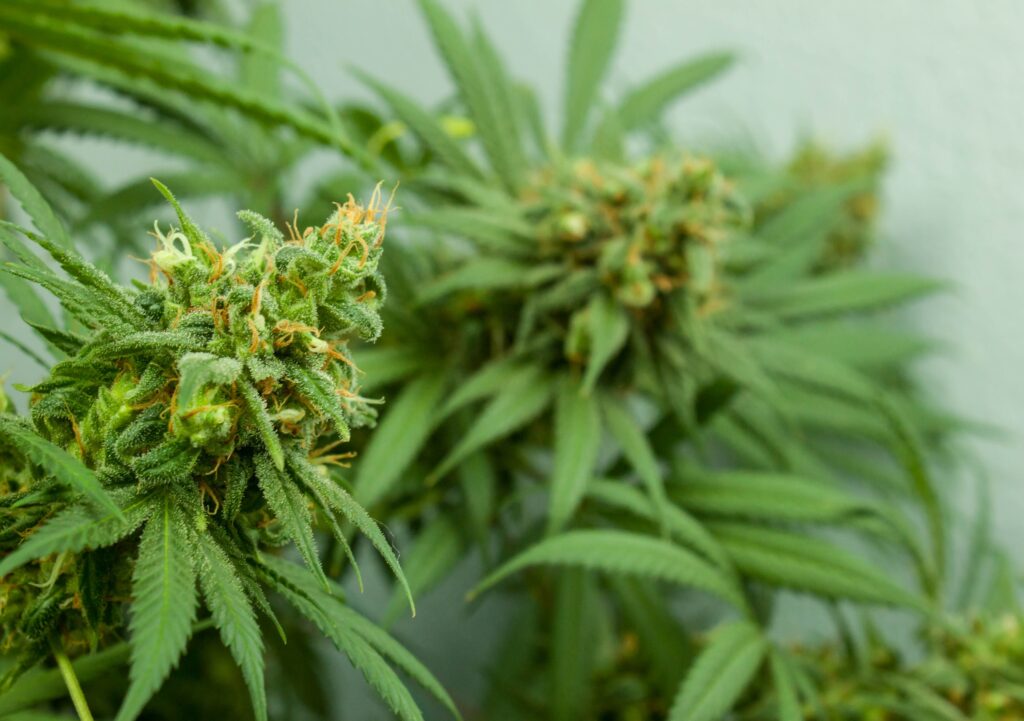
Medical Marijuana as a treatment for glaucoma
Cannabis has been studied for its potential use in the treatment of glaucoma, a group of eye conditions that can lead to increased intraocular pressure (IOP) and optic nerve damage. While cannabis has demonstrated some ability to temporarily lower intraocular pressure, its effectiveness as a long-term treatment for glaucoma is limited. Here’s what you need to know:
- Temporary Reduction in Intraocular Pressure (IOP): Studies have shown that cannabis, particularly THC, can lower intraocular pressure for a short duration. However, this reduction is typically temporary and lasts for only a few hours.
- Frequency of Administration: Treating glaucoma effectively requires consistent and frequent control of intraocular pressure. Since the effects of cannabis are short-lived, it would require frequent and regular cannabis use, which may not be practical or desirable for many patients.
- Tolerance and Side Effects: Regular cannabis use can lead to tolerance, wherein the body becomes less responsive to the drug’s effects. Additionally, cannabis use may cause side effects such as dry eyes, redness, and alterations in perception and cognition, which can impact daily functioning.
- Alternative Treatments: While cannabis may offer some temporary relief, there are other more effective and reliable treatments available for glaucoma. These include prescription eye drops, oral medications, laser procedures, and surgical interventions. These treatments target the underlying cause of elevated intraocular pressure and provide long-term management of the condition.
- Medical Supervision: If you are considering cannabis as a treatment for glaucoma, it is crucial to consult with an ophthalmologist or eye specialist who can assess your specific condition, discuss the potential benefits and risks, and guide you in making informed decisions about your treatment plan.
It’s important to note that the American Academy of Ophthalmology does not recommend cannabis as a first-line treatment for glaucoma. The organization suggests that other FDA-approved medications and interventions should be the primary focus of glaucoma management. Regular monitoring and follow-up with an eye care professional are essential for maintaining optimal eye health and managing glaucoma effectively.